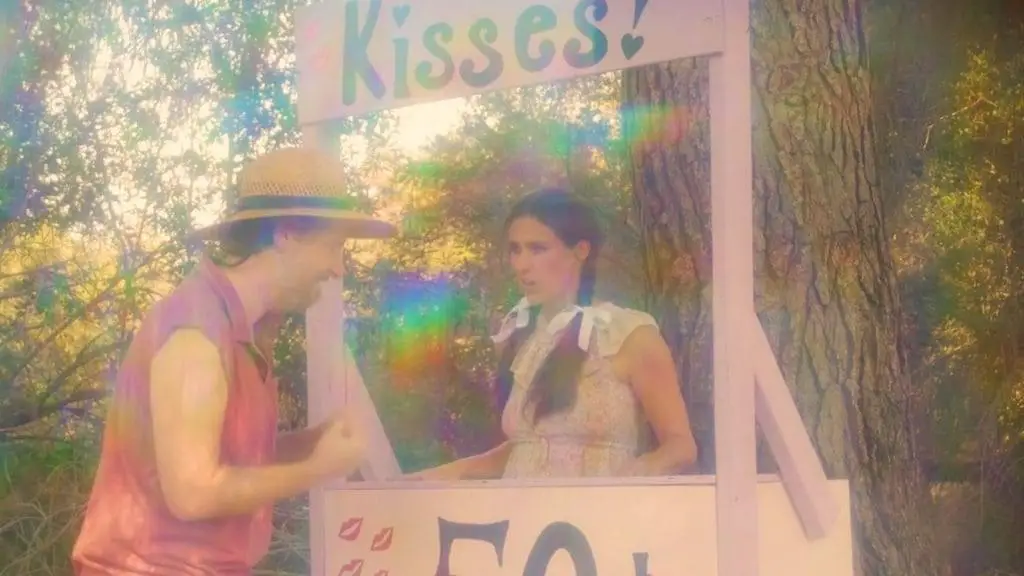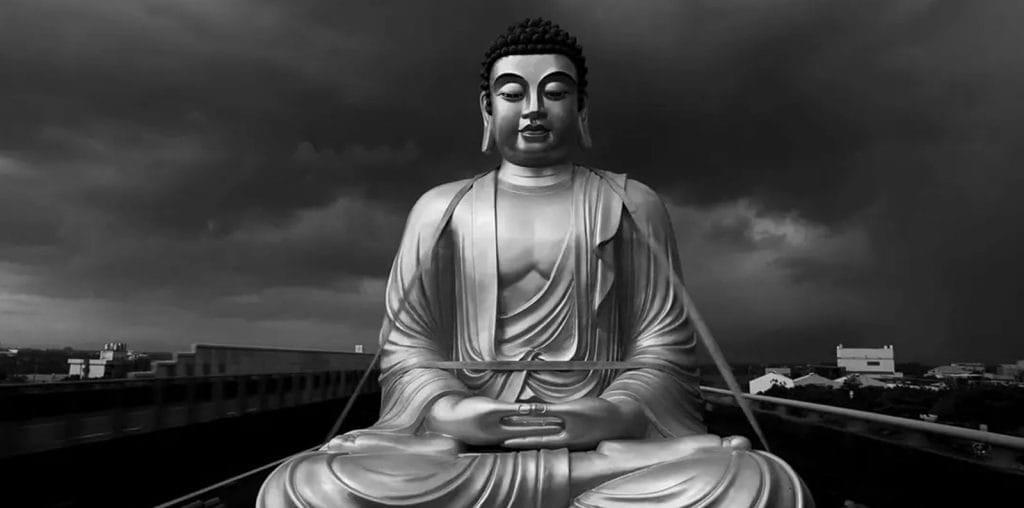
The Chicago International Film Festival will bring more than 100 exciting feature films and 40 short films from around the world to Chicago, October 7-21. In celebration of the Festival’s 40th Anniversary, this year’s program will feature more films, new venues, bigger cash prizes, more panel discussions and a retrospective of directors the Festival has championed.
“Anniversaries are often a time to pause and look back. But we’ve always focused on discovery. So at 40 years young, we’re still fixed on the future… with a twist,” said Festival Founder and Artistic Director Michael Kutza. “This year we’re pulling out all the stops with an expanded program that celebrates our history and looks ahead.”
The following is a brief sampling of the 100+ feature films from more than 40 countries that will be showcased during the 2004 Festival. The remainder of the Festival’s program, along with a schedule of events and showtimes, will be released in mid-September.
Benoît Delépine and Gustave Kevern’s acerbic comedy, “Aaltra” (Belgium), offers a twist on the road-movie. After bouts of petty bickering, two feuding Belgian neighbors come to blows and are run over by a tractor, leaving them paralyzed, wheelchair-bound, and simmering with spite. Redirecting their rage toward all they meet, the embittered duo hit the road on an unpredictable odyssey to confront the fateful tractor’s manufacturer.
Travis Klose’s Arakimentari (U.S.-Japan) fascinatingly captures the compulsive and controversial personality of Japanese photographer/provocateur Nobuyoshi Araki. Araki is a captivating subject, boasting 300 books, ranging from celebrity portraits to landscapes to erotic bondage imagery, and a notorious claim to have slept with every female subject. DOCUFEST COMPETITION
Kinji Fukusaku’s 1973 Japanese classic, “Battles Without Honor and Humanity”, is a rare and critical perspective on the history of Japan after World War II, which chronicles the rise of gangs and ruthless turf wars. This tour-de-force revolutionized the yakuza genre, launched Fukasaku to international stardom, and influenced a generation of filmmakers worldwide with its ecstatic hand-held widescreen camerawork, inspired editing, and sprawling story.
Spanish director Miguel Albaladejo reinterprets traditional concepts of family in “Bear Cub”, portraying the unlikely bond between a sexually—and steamily—active gay dentist and his precocious nine-year-old nephew. Temporarily charged with the boy’s care, he modifies his behavior and discovers an unexpected parental instinct, in the process alarming the boy’s grandmother, as he considers the unique prospect of a long-term relationship.
First-time director Mohsen Amiryoussefi combines droll wit with a flair for visual gags in “Bitter Dream” (Iran), his offbeat meditation on life and death. After being visited (via television) by Azrael, the angel of death, a cantankerous funeral director feels the sudden need to make amends to his mistreated employees. Unfortunately, they don’t quite share his sense of urgency in this offbeat black comedy.
Rodney Evans’s ambitious Sundance prizewinner, “Brother to Brother” (U.S.), engages the theme of cultural legacy by imagining a surreal encounter between a young, black, gay artist and a forgotten figure of the Harlem Renaissance. Escorted back to the Harlem of Langston Hughes and Zora Neale Hurston, Perry Williams finds inspiration and solidarity in another generation’s similar struggles with racism, homophobia and convention. BLACK PERSPECTIVES
In “Campfire” (Israel), Joseph Cedar explores the desperate need to belong, finding in fiction insights into the tribal conflicts of the Middle East. Hoping to gain acceptance within a religious settlement in the West Bank, a recently widowed mother of two must choose between her integrity and communal strictures.
An accumulation of unflinching real-life standoffs over border crossings, between Israeli soldiers and Palestinians, builds a powerful indictment of power and subjugation in Yoav Shamir’s incisive, prizewinning documentary, “Checkpoint” (Israel). As everyday pleas—to simply get to work, attend funerals, or take children to the hospital—go unheard, a destructive, charged atmosphere of humiliation and resentment emerges. DOCUFEST COMPETITION
Hungary once again proves to be fertile ground for challenging work, yielding a Dante-like descent into modern-day netherworlds. Benedek Fliegauf delivers on the promise of his debut, Forest, with the ambitious, David Lynch/Bela Tarr-inspired, “Dealer”, a brooding, impressionistic day-in-the-life odyssey through junkie sub-culture. NEW DIRECTORS COMPETITION
Sultry performances, documentary-style visuals, and a typically vibrant soundtrack melding ethnic rhythms and techno beats fuel Tony Gatlif’s (Latcho Drom, Gadjo Dilo) spirited multicultural trek for identity, “Exiles” (France). Two Euro-slackers hook up, and, on a whim, make a pilgrimage to Algeria, encountering crafty gypsies, Algerian ex-patriots, and seductive Spaniards in flamenco bars as they seek the common heritage which has previously eluded them both.
“Four Shades of Brown” (Sweden) deftly blends the hilariously ironic, the heart wrenching, and the genuinely disturbing in four stories revolving around loneliness, miscommunication, and fatherhood. Created by the comedy troupe Killingggänget, with Tomas Alfredson directing, the film evokes Ulrich Seidl’s Dog Days, Roy Andersson’s Songs From the Seventh Floor, and even Paul Thomas Anderson’s Magnolia.
Cinematic history itself comes to life in Jacques Richard’s documentary, “Henri Langlois: The Phantom of the Cinematheque” (France). Langlois’s Cinematheque saved innumerable films from oblivion, and ultimately inspired Godard’s generation of filmmakers. After government authorities unceremoniously dismissed Langlois in 1968, cineastes demanded and won his reinstatement as head of the Cinemathèque in a foreshadowing of that summer’s volatile political rebellions. DOCUFEST COMPETITION
For a further sneak peek, visit the CIFF website.

